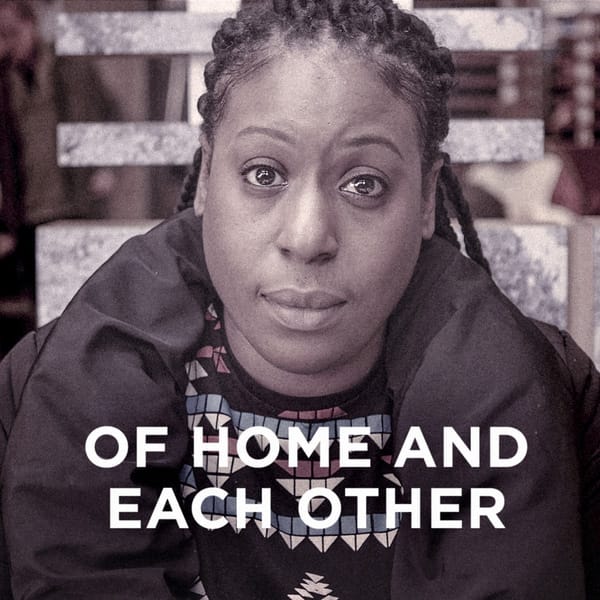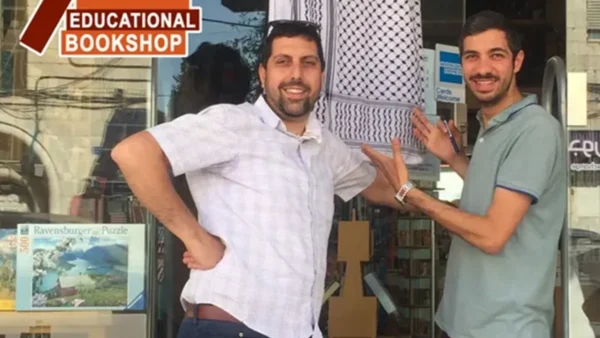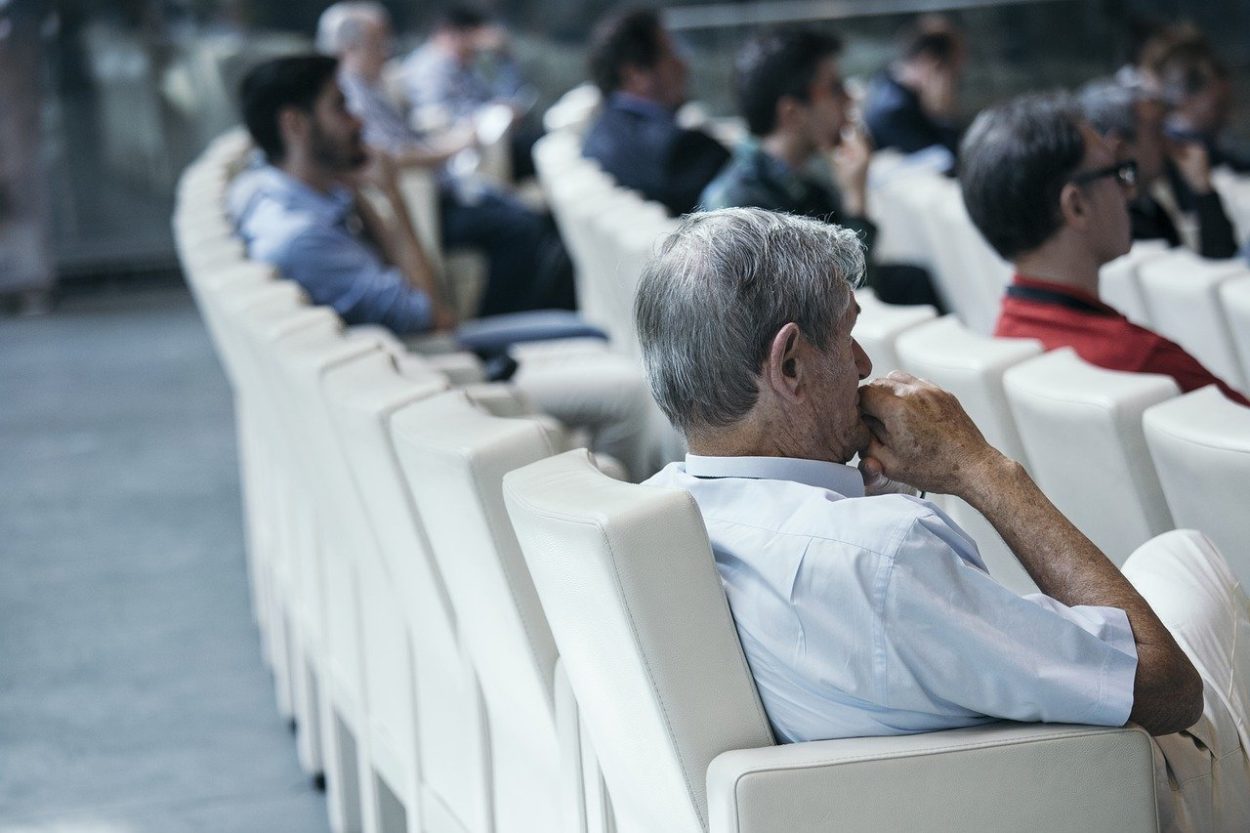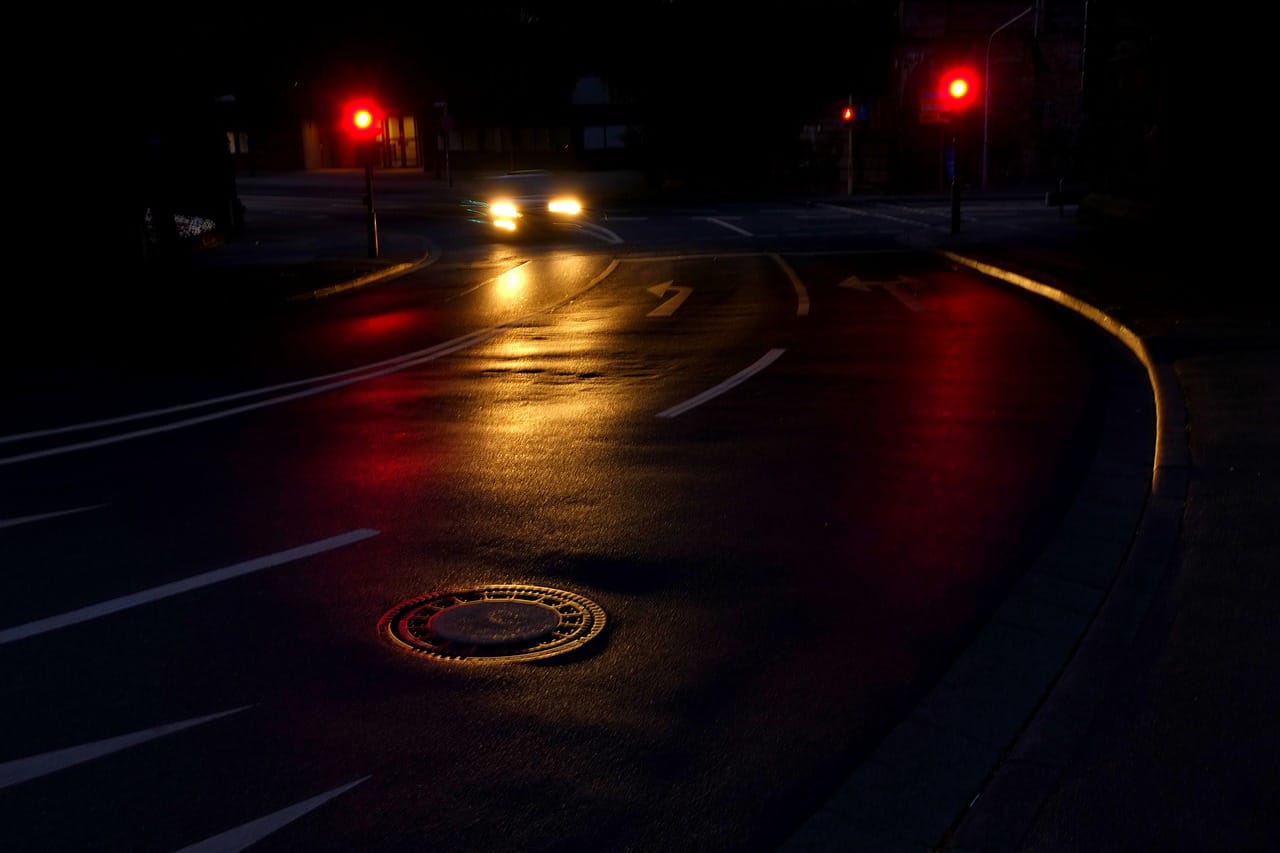As a (very) part-time journalist, I get inundated with press releases, most of which I delete. But one email subject line today caught my eye:
“Step into the shoes of a migrant in the UK with groundbreaking audio experience.”
In the current political climate, I think that stepping into others’ shoes—especially those of migrants—is about the most important thing we could be doing. One of the things I’ve learnt from travelling around Europe these last four years is that hate and fear come from distance. You can’t demonise someone when you’ve talked to them, been invited into their home, understood where they’re coming from and the circumstances they’re trying to deal with.
The event, called Of Home and Each Other, was scripted by playwright Zodwa Nyoni but takes you out of the theatre and into the streets, where you walk around town listening to the story of the lead character, Kelechi, through “groundbreaking 3D sound”.
It’s a brand new form of ‘real-world embodied storytelling’ about migrant experiences, developed over two years along with a team of academics from UWE [University of the West of England], neuroscientists, psychologists, a game designer and a sound artist.
Rosie Poebright, Creative Director for Splash & Ripple, said:
“The ambition is to give people the chance to experience the world through another’s perspective. We wanted to create a new form of storytelling that inspires the most powerful of human qualities: compassion and empathy.”
Playwright and Poet Zodwa Nyoni said:
“The character ‘Kelechi’ grew from the series of interviews conducted by UWE with migrants. Thematically, she’s been influenced by the stories of each person: loneliness, love, tragedy, ambition, and family.”
It sounds like a fascinating event to me. I like anything that involves new forms of storytelling, both because it extends the possibilities of literature and because it may draw in new audiences.
I wonder, though, whether we need to walk around town with headphones to understand Kelechi’s experiences. The thing I’ve always loved about reading is the way it enables me to experience other realities, not through sights and sounds and smells, but by having the writer skilfully evoke those sights and sounds and smells for me. As a disaffected teenager in suburban London, I travelled with Tolstoy and Dostoevsky to the farthest reaches of the Russian steppes and the human spirit, experiencing things so foreign to me and yet so recognisable. Since then, I’ve learnt so much about the world by reading, only a small fraction of which I’ve documented on this site.
As for literature and empathy, studies have shown that reading literary fiction improves readers’ capacity for empathy:
“Researchers at The New School in New York City have found evidence that literary fiction improves a reader’s capacity to understand what others are thinking and feeling.”
As I said, though, there’s a value to different forms. Personally, I think I’d still prefer reading a book over a cold night out with headphones, but I know others would feel very differently. And any project that aims to help people see the world through the eyes of migrants gets my vote.
Of Home and Each Other takes place in Bristol in the West of England this coming week, from Friday 7th December to Sunday 16th December, and tickets are just £5. If you’re in the area, go and give it a try! I’d love to hear from someone who’s experienced it, so if you do go along, please leave a comment below to tell us what it was like.
I know that most of the readers of this post are in different parts of the world, though, so many of you won’t be able to attend. So in your case, I’d love to hear your thoughts on literature and empathy. Do you think that reading increases your capacity for empathy? Do you think that more “immersive” experiences can convey things that books can’t?




There are 2 comments
Fascinating and important post Andrew. I believe that empathy, especially for those who are a little different from ourselves, is one of the key drivers of what is good in the world. At this moment in time, when nationalism seems to be on the rise in so many places, folks feeing thier homelands can use some empathy directed at them by those of us trying to buck the trend. I am sure you have seen the developments going through n here in America.
Of Home and Each Other sounds like a great idea. I do not see things like this as substitutes for literature or even traditional plays. Instead it sounds like an innovative and fascinating art form in and of itself.
Yes, empathy is probably the most important thing we need right now, Brian. I’m not sure which is more worrying: what’s happening in America or Europe. The rise of far-right nationalism and the demonisation of foreigners are so dangerous. Haven’t we been down this road before?
Projects like this are so important. And you’re right, I guess it doesn’t have to compete with literature or traditional theatre. Plenty of room for more new art forms 🙂